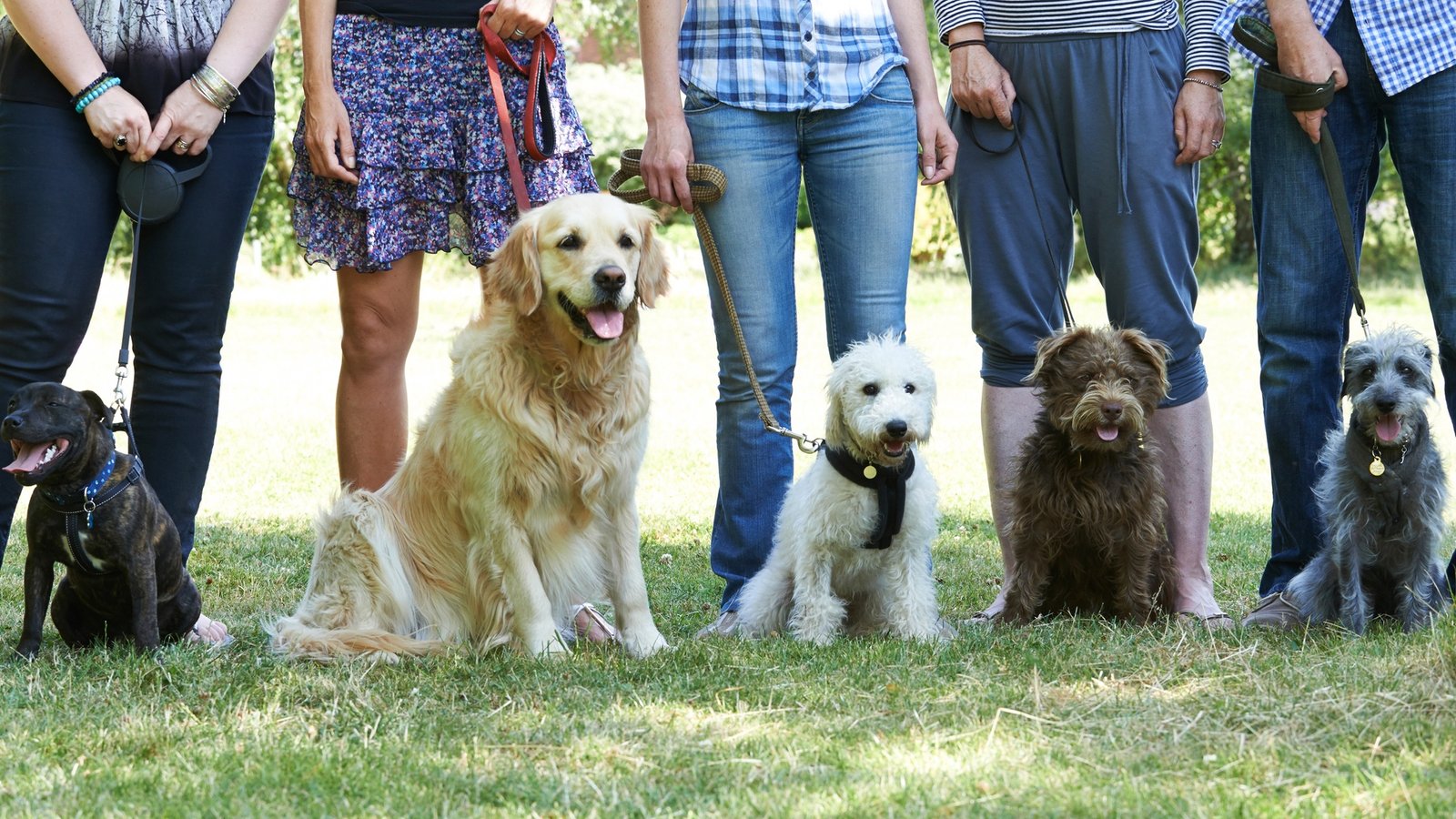Do you like cuddling with your fur baby, showering them with affection, and bonding with them just as you would do with human children? Well, you aren’t alone because many people around the world see their dogs as kids. And of course, why wouldn’t they? After all, dogs can behave just like kids, don’t they? They are family, period! To that effect, Laura Gillet, a PhD student in the Department of Ethology at Eötvös Loránd University in Hungary ran a study on how dog owners perceive their roles and how that affects their care for their pups. Laura found there was basically three type of dog owners, so let’s break that down so you can figure out which one are you.
What The Study Was All About

The researchers initially felt that overly protective pet parents might unknowingly cause behavioral issues like separation anxiety or a fear of new experiences. However, they also found how there were differences in how owners care for their fur babes which didn’t necessarily translate into behavior problems.
By analyzing the data, the research team was able to identify three distinct profiles of dog owners, based on how they view their dogs’ roles in their lives—socially and practically. This approach helped the team measure the variations in the care these owners provided to their pets.
1. The Dog Parent: A Deep Bond and Over-the-Top Care

If you’re someone who calls your dog your “fur baby” or “family member,” you’re probably a part of the “dog parent” group. This category, which includes nearly 50% of dog owners surveyed, sees dogs as children, often prioritizing them above human relationships. Dog parents tend to keep their dogs indoors, shower them with love, and may even feel anxious when their dog is off-leash or alone. Millennial and Gen Z owners are especially likely to identify as dog parents, though first-time dog owners may also fit this profile due to their lack of experience. Despite their intense emotional bond, these owners sometimes struggle with consistency in training. However, this could also be due to lack of experience.
2. The Companion: A Friend with Boundaries

A slightly more balanced view, the “companion” owner sees their dog as a close friend or family member, but with more emotional distance than dog parents. This group, accounting for just under 20% of the study, includes people who likely spend a lot of time with their dogs but still maintain some personal space. Companion owners are often more consistent with training and setting boundaries, which can lead to a more well-behaved pup. This type of owner is also typically older and might be less likely to view their dog as a substitute child, though the bond is still strong and meaningful.
3. The Colleague and Friend: Practical Roles Meet Emotional Bonds

For those who see their dogs as both family members and active contributors to their lives, you might fall into the “colleague and friend” category. This group, making up 31% of the survey respondents, has dogs who play important roles beyond companionship—think assistance dogs, working dogs, or those who join in sports and activities. The bond here is deep, but also functional. These owners are often more serious about training and providing their dogs with structure, while the dogs themselves perform specific roles that increase their sense of purpose and connection with their human family.
What Does This Mean for Your Dog’s Well-Being?

So, how does your role as a dog owner impact your pup? While the study didn’t find clear links to behavioral issues, the way we interact with our dogs can certainly influence their emotional health. Understanding whether you’re a parent, companion, or colleague may help guide how you train, exercise, and engage with your dog. However, it’s essential to note that the type of relationship you have with your dog doesn’t always correlate with problems like separation anxiety or fear, which can be prevented with proper care and training.
Looking Beyond Labels: A Holistic Approach to Dog Care

It’s important not to get too hung up on these labels. Dog behavioral experts feel that people should not categorize themselves too strictly because it can lead to unrealistic expectations of their dogs. Instead, it is more important to focus on their health, mental stimulation, exercise, and proper social interactions. Regardless of whether you see your dog as a family member or a colleague, providing the right care and training is key to their happiness and well-being.
The Role Your Dog Plays in Your Life Matters
Whether you view your dog as a fur baby, best friend, or working partner, it’s clear that our perception of our relationship with them impacts how we care for them. The study provides a valuable lens through which to understand these roles, though it’s important to remember that every dog is unique and deserves personalized care. So, what type of dog owner are you, and how can you better nurture the bond you share with your furry companion?






